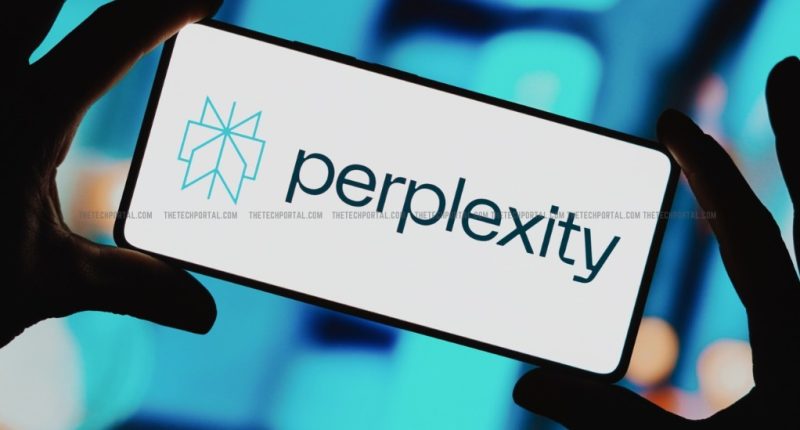Perplexity, the Nvidia-backed AI search startup, is in discussions with major smartphone makers — aka OEMs — to pre-install its new mobile browser, Comet, on upcoming devices. The company aims to either have Comet set as the default browser or offer it as an optional built-in app, reports Reuters. This latest strategy mirrors the one that helped Google dominate the mobile internet. Chrome comes pre-installed on nearly all Android devices, and similarly, Safari is deeply integrated into Apple’s iPhones. Together, these two browsers control around 94% of the global mobile browser market. And now, Perplexity is trying to make a place for itself in the highly competitive browser market by offering something different.
Notably, as per the AI startup, Comet is not a traditional browser. It is designed to act like a personal assistant that uses artificial intelligence (AI) to help users do more than just browse the web. Built on the Chromium engine (the same one used by Chrome and other major browsers), Comet allows users to search, summarize web pages, schedule meetings, and even respond to emails (all from within the browser). If given permission, it can also access personal data like calendar events and emails to make intelligent suggestions or take actions on behalf of the user.
However, according to the report, company CEO Aravind Srinivas has said the long-term goal is not just to compete with Google or Apple, but to change the way people interact with information altogether. Instead of typing in search queries and sorting through links, Comet aims to give users direct answers and take intelligent actions for them, without requiring constant input. The company calls this ‘agentic browsing’, a shift from passive searching to active assistance. There is also a focus on privacy and user control. Unlike cloud-based assistants, much of Comet’s processing is done on the device itself.
Currently, Comet is being tested by a small group of users who subscribe to Perplexity’s $200/month Max plan. But the company plans to expand its availability with both free and paid versions in the near future. Importantly, the company is not running ads on its browser (at least for now), unlike Google (which relies heavily on advertising).
The timing of this push is important, as the AI race is aggressively heating up. Even OpenAI is also reportedly working on a Chromium-based browser (internally called ‘Aura’), which will integrate ChatGPT to handle tasks like summarizing web pages, booking travel, and more directly within the browsing experience. Meanwhile, Google is developing Project Mariner, an AI agent built by DeepMind that can operate virtual machines to perform multi-step tasks like filling out forms, buying tickets, and navigating websites autonomously.
Perplexity’s latest move becomes even more noteworthy since earlier reports suggest that the company is in active talks with Samsung to integrate its AI search capabilities directly into their devices. Notably, the AI firm has already secured a deal with Lenovo’s Motorola, which will pre-install the Perplexity AI assistant on select devices, offering it as a direct alternative to Google’s Gemini (the default AI on many Android phones). Recently, the AI company also partnered with telecom giant Airtel in India to offer Airtel customers a free one-year subscription to Perplexity Pro. Just days after launching this offer, Perplexity overtook ChatGPT to become the most downloaded iOS app in India. All of this comes as the AI startup recently raised $100 million in new funding, pushing its valuation to $18 billion.
The Tech Portal is published by Blue Box Media Private Limited. Our investors have no influence over our reporting. Read our full Ownership and Funding Disclosure →






